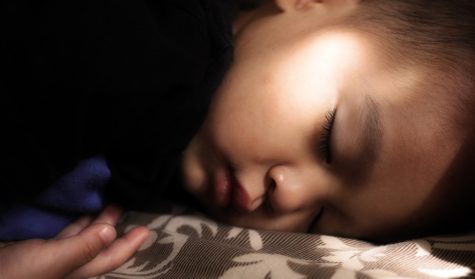CHICAGO — Children who live near sites of violent crime sleep worse and have elevated levels of stress hormones within 24 hours of the frightening incident, a new study finds.
Researchers from Northwestern University, DePaul University and New York University carried out the study, which suggests that neighborhood crime may have a significant influence on the way children perform in school.

“Past research has found a link between violent crimes and performance on tests, but researchers haven’t been able to say why crime affects academic performance,” says Jennifer A. Heissel, lead author of the research, in a press release. “Both sleep and cortisol are connected to the ability to learn and perform academic tasks; our study identifies a pathway by which violent crime may get under the skin to affect academic performance.”
The team of researchers monitored the sleep and stress patterns of 82 children who attended public schools in the Midwest. The children varied in terms of race, age, and socioeconomic status, although they were all between ages 11 and 18. Activity-monitoring watches were used to track sleep each night. In addition, levels of the “stress hormone” cortisol were checked frequently.
Along with these observations, the researchers also studied the crime reports that were happening within the neighborhoods of each participant. Sleep activity and cortisol levels on nights of and following violent crimes were compared to those on nights when there was no recent illegal activity reported.
The team found that children who lived near the site of a violent crime slept fewer hours the night of the incident and the following night as well. Similarly, cortisol levels were significantly higher on the subsequent morning of a crime.
“The results of our research have several implications for policy,” says co-author Emma Adam, a human development professor at Northwestern University. “They provide a link between violent crime and several mechanisms known to affect cognitive performance. They also may help explain why some low-income youth living in high-risk neighborhoods sleep less than higher-income youth. And they suggest that although programs to reduce violent crime may be the best policy solution, schools could also provide students with programs or methods to cope with their response to stressful events like nearby violent crimes.”
Sleep activity was the worst and cortisol levels the highest if a murder was reported nearby. Conversely, levels remained mostly the same and children slept relatively normal if the crime was a robbery. Moderate changes were seen following reports of assault or sexual assault.
The findings were published last week in the peer-reviewed journal titled Child Development.

Comments
Comments are closed.